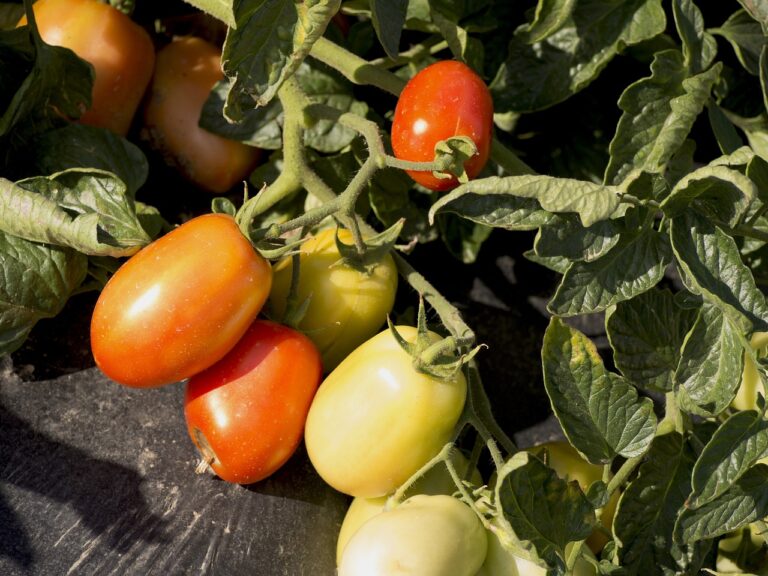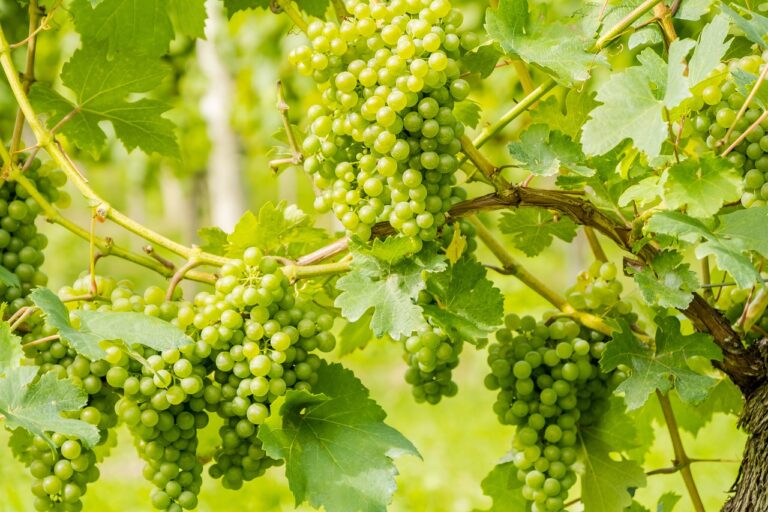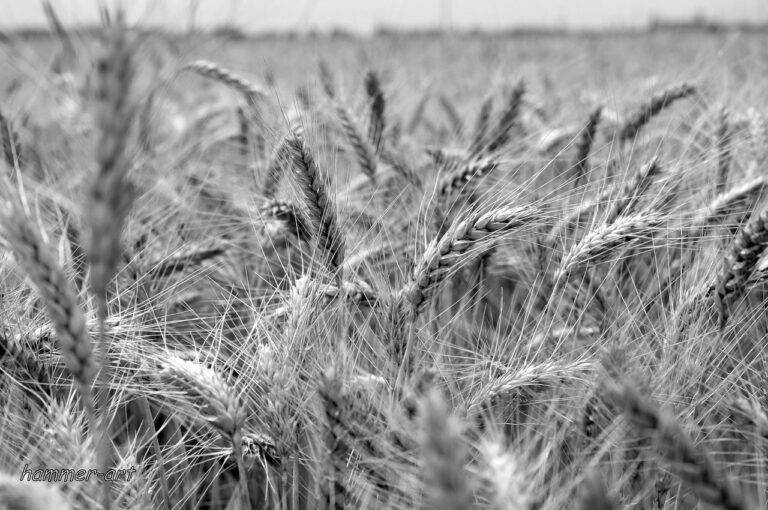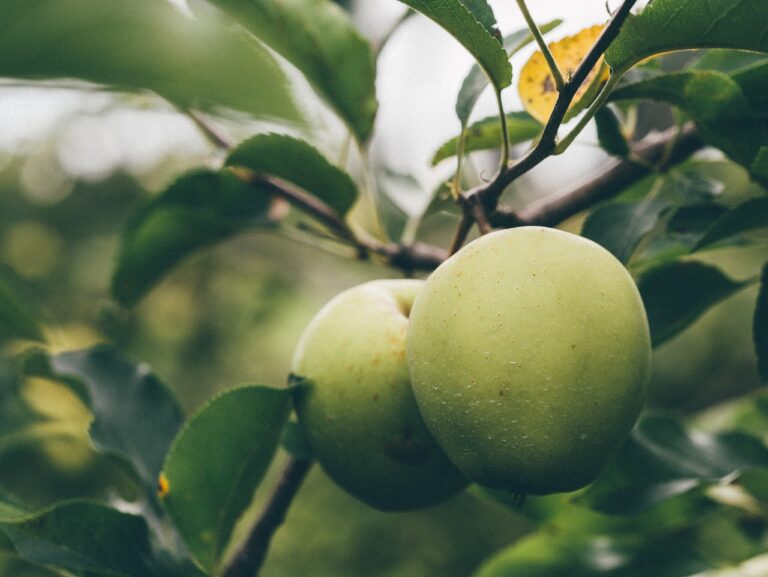The Benefits of Organic Food: Is It Worth the Cost?
Organic food has seen a surge in popularity in recent years, with many health-conscious consumers opting for organic products over conventionally grown ones. But with the higher price tag that often comes with organic food, many people wonder if the benefits are truly worth the cost. In this article, we will explore the various advantages of organic food and whether or not it is worth the extra investment.
What is Organic Food?
Organic food refers to produce and other agricultural products that are grown without the use of synthetic pesticides, fertilizers, genetically modified organisms (GMOs), or other artificial additives. Instead, organic farmers rely on natural methods of pest control, crop rotation, and composting to maintain the health of their soil and crops.
Advantages of Organic Food
1. Nutritional Benefits
One of the primary reasons people choose organic food is for its higher nutritional content. Studies have shown that organic fruits and vegetables often contain more vitamins, minerals, and antioxidants than conventionally grown produce. This is because organic farming practices focus on building healthy, nutrient-rich soil, which in turn leads to more nutritious plants.
2. Pesticide-Free
Conventional farming methods rely heavily on synthetic pesticides to control pests and diseases. These chemicals not only harm the environment but can also leave residues on crops that can be harmful to human health. Organic farming, on the other hand, uses natural methods of pest control, such as beneficial insects and crop rotation, to keep pests at bay without the need for harmful chemicals.
3. Environmental Benefits
Organic farming practices are not only better for our health but also for the environment. By eschewing synthetic pesticides and fertilizers, organic farmers help to protect the soil, water, and air from pollution. Organic farms also tend to have higher levels of biodiversity, which can help to support a healthy ecosystem.
4. Better for Animal Welfare
Organic livestock farmers follow strict guidelines when it comes to the treatment of animals. Organic animals are raised in humane conditions, with access to fresh air, clean water, and ample space to move around. They are also fed organic feed and are never given antibiotics or growth hormones.
5. Supports Local Farmers
Choosing organic food can help to support local farmers who are committed to sustainable farming practices. By buying directly from local organic farms, you can help to ensure that your food is produced in a responsible and environmentally friendly manner.
6. GMO-Free
Another benefit of organic food is that it is free from genetically modified organisms (GMOs). While GMOs are a controversial topic, many consumers prefer to avoid them due to concerns about their potential impact on human health and the environment. Organic certification prohibits the use of GMOs in organic food production.
Is Organic Food Worth the Cost?
While organic food may be more expensive than conventionally grown products, many people believe that the benefits far outweigh the costs. By choosing organic, you are not only investing in your health but also supporting environmentally sustainable farming practices and animal welfare.
Ultimately, the decision to buy organic food comes down to personal priorities and values. If you can afford it and believe in the benefits of organic food, then it may be worth the extra cost. However, if budget constraints are a concern, there are still ways to prioritize organic purchases by focusing on the most important items, such as fruits and vegetables that are known to have high levels of pesticide residues.
FAQs
Q: Is organic food really better for you?
A: Organic food is generally considered to be better for you due to its higher nutritional content and lack of harmful pesticides.
Q: Are organic products 100% pesticide-free?
A: While organic farmers do not use synthetic pesticides, it is possible for organic crops to come into contact with some pesticides through drift or cross-contamination.
Q: Are organic products more sustainable than conventionally grown products?
A: Yes, organic farming practices are typically more sustainable in the long term, as they focus on building healthy soil and preserving biodiversity.
Q: Can you trust that food labeled as organic is truly organic?
A: Organic products are subject to rigorous certification standards, so you can generally trust that food labeled as organic is indeed organic.
Q: How can I afford organic food on a tight budget?
A: Consider prioritizing organic purchases for the most important items, such as fruits and vegetables with high levels of pesticide residues, and look for ways to save money, such as buying in bulk or shopping at farmers’ markets.







